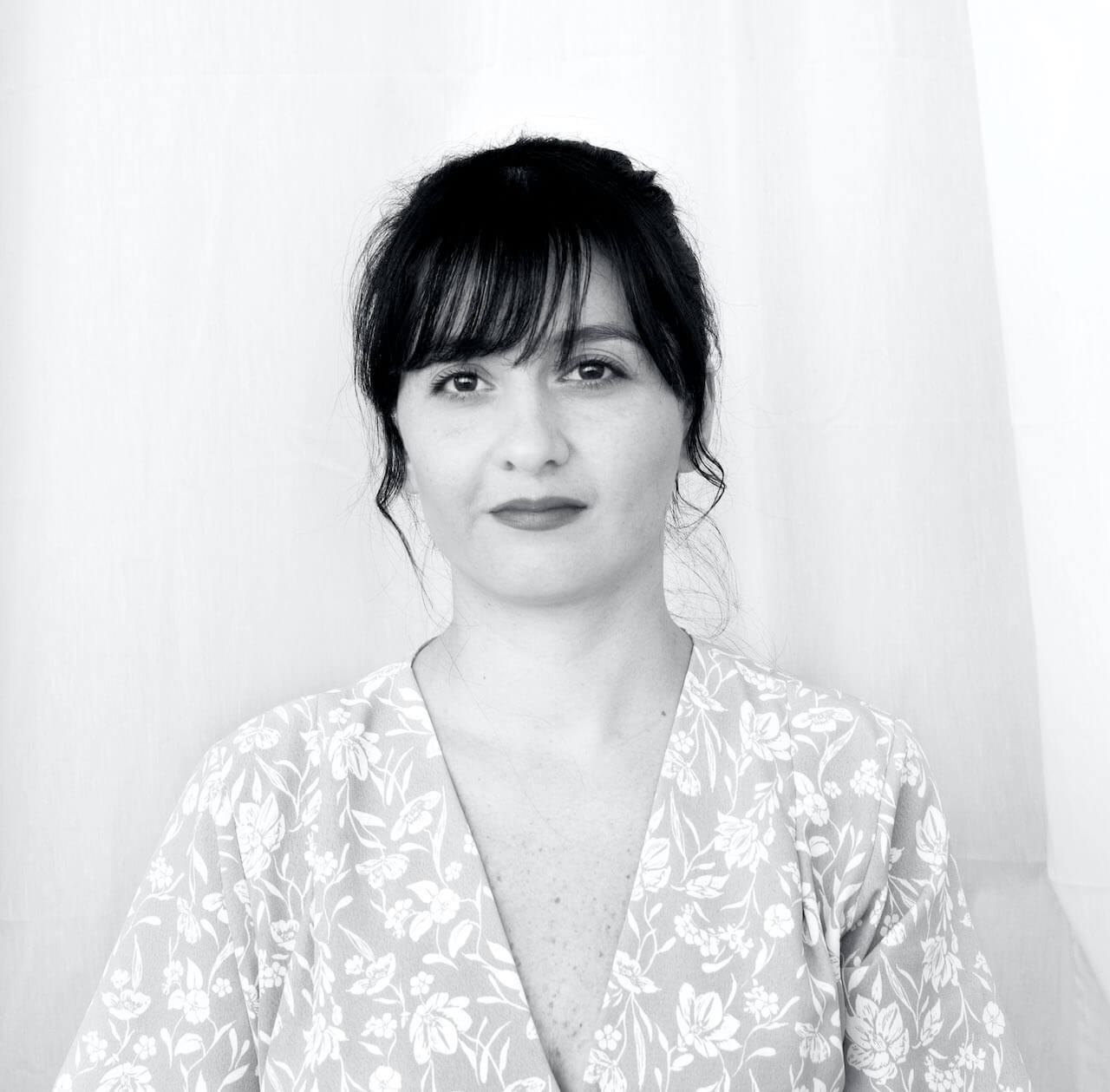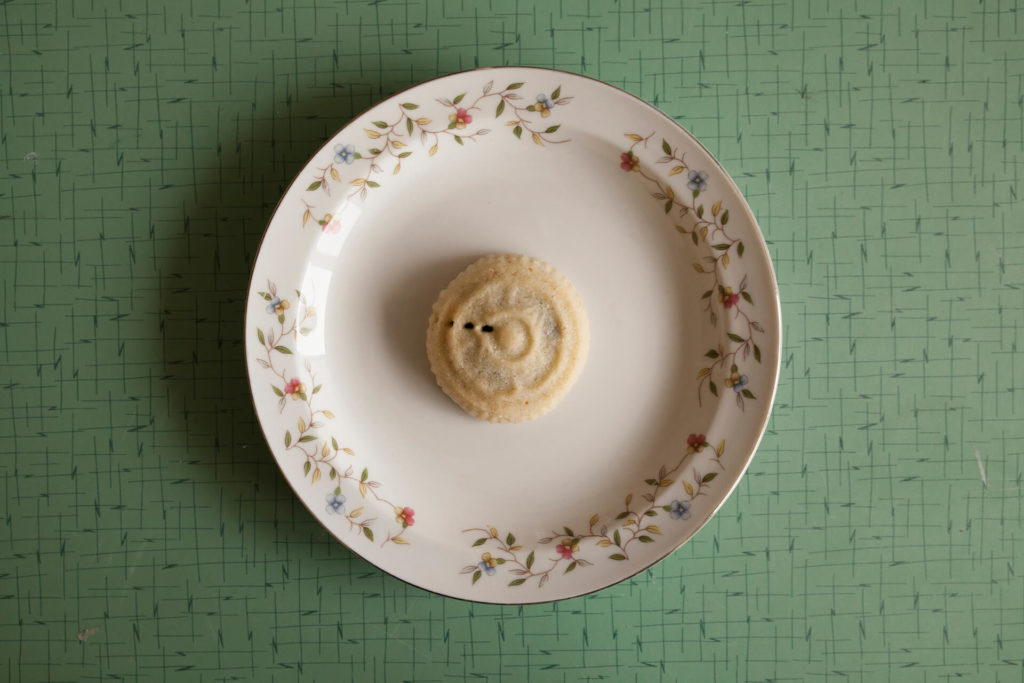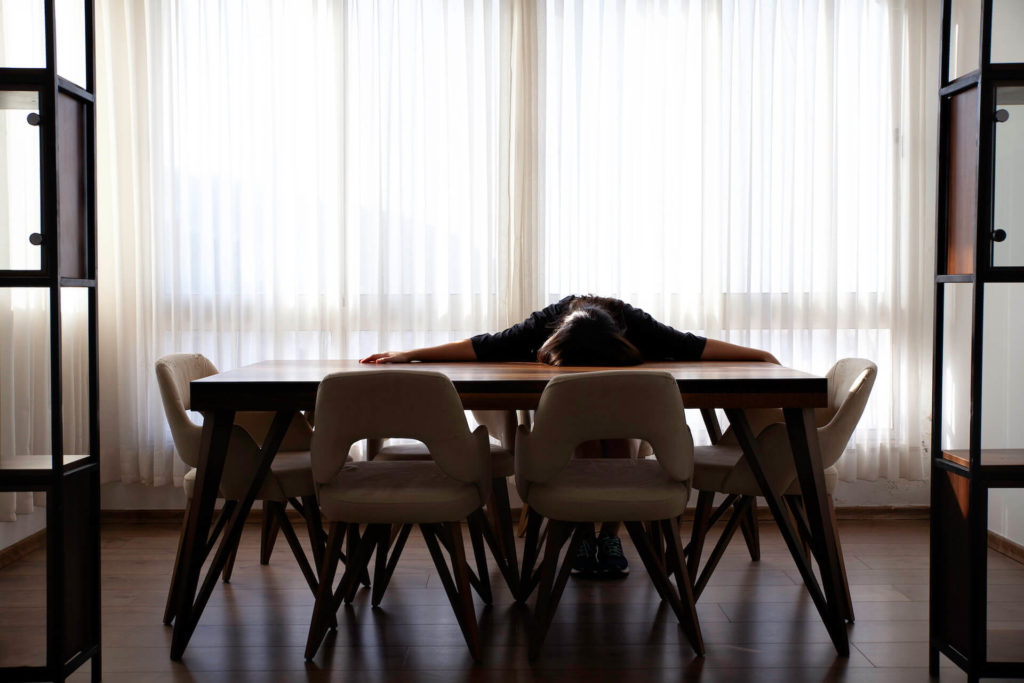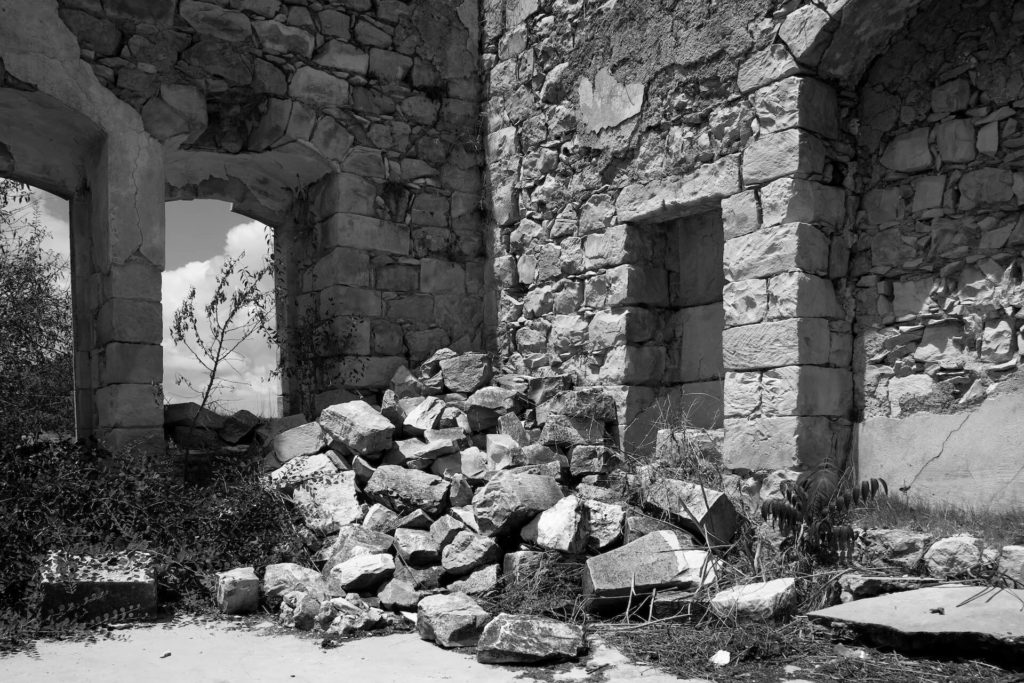
Jafra Abu Zoulouf, b.1987, Daliat El Carmel, Palestine.
Lives and works in Haifa.
Abu Zoulouf holds an MFA from the University of Haifa. In her practice, she focuses on photography and video. In addition, she’s fascinated by the field of linguistics and language, which enters her works through text and sound work.
In her works the artist deals with and discusses her complex identity: an atheist woman within a religious society, and a Palestinian working in Israel. Through this, she negotiates the questions: How am I influenced by the culture and society in which I exist and how can I influence it to ensure my continued existence?
This examination motivates her to create and produce, and leads her to explore the medium she is using as well as its relationship with concept, their impact on each other, and the role of each in shaping the other. This also allows her to formulate an artistic and social position regarding her place and her role in the world.
Abu Zoulouf’s recent group exhibitions include The Gift, Al Ma’mal Foundation for Contemporary Art, East Jerusalem (2020); No one can carry two watermelons in one hand, let alone three, Beit Hagefen Art Gallery, Haifa (2020); Democracy Today, Brick 5/Turnhalle, Vienna, Austria (2020); Present Absentee, Herman Struck Museum, Haifa (2020).

Hélène Cixous, The Laugh of the Medusa
Signs Vol. 1, No.4 (Summer 1976) page 880.
To write. An act which will not only “realize” the decensored relation of woman to her sexuality, to her womanly being, giving her access to her native strength; it will give her back her goods, her pleasures, her organs, her immense bodily territories which have been kept under seal; it will tear her away from the superegoized structure in which she has always occupied the place reserved for the guilty (guilty of everything, guilty at every turn: for having desires, for not having any; for being frigid, for being “too hot”; for not being both at once; for being too motherly and not enough; for having children and for not having any; for nursing and for not nursing … )–tear her away by means of this research, this job of analysis and illumination, this emancipation of the marvelous text of her self that she must urgently learn to speak. A woman without a body, dumb, blind, can’t possibly be a good fighter. She is reduced to being the servant of the militant male, his shadow. We must kill the false woman who is preventing the live one from breathing. Inscribe the breath of the whole woman.


Hélène Cixous, The Laugh of the Medusa
Signs Vol. 1, No.4 (Summer 1976) page 882 – 883.
Because she arrives, vibrant, over and again, we are at the beginning of a new history, or rather of a process of becoming in which several histories intersect with one another. As subject for history, woman always occurs simultaneously in several places. Woman unthinks (“De-pense,” a neologism formed on the verb penser, hence “unthinks,” but also “spends” (from depenser) (translator’s note) the unifying, regulating history that homogenizes and channels forces, herding contradictions into a single battlefield. In woman, personal history blends together with the history of all women, as well as national and world history. As a militant, she is an integral part of all liberations. She must be farsighted, not limited to a blow-by-blow interaction. She foresees that her liberation will do more than modify power relations or toss the ball over to the other camp; she will bring about a mutation in human relations, in thought, in all praxis: hers is not simply a class struggle, which she carries forward into a much vaster movement. Not that in order to be a woman-in-struggle(s) you have to leave the class struggle or repudiate it; but you have to split it open, spread it out, push it forward, fill it with the fundamental struggle so as to prevent the class struggle, or any other struggle for the liberation of a class or people, from operating as a form of repression, pretext for postponing the inevitable, the staggering alteration in power relations and in the production of individualities. This alteration is already upon us–in United States, for example, where millions of night crawlers are in the process of undermining the family and disintegrating the whole of American sociality.